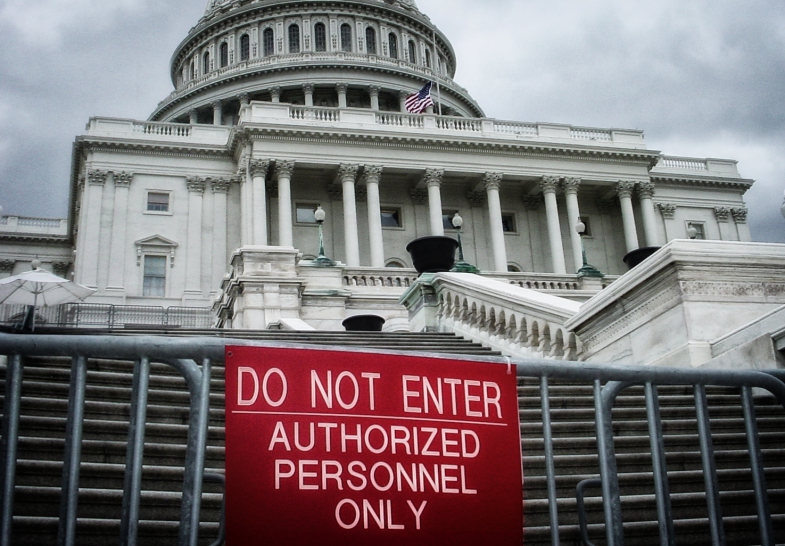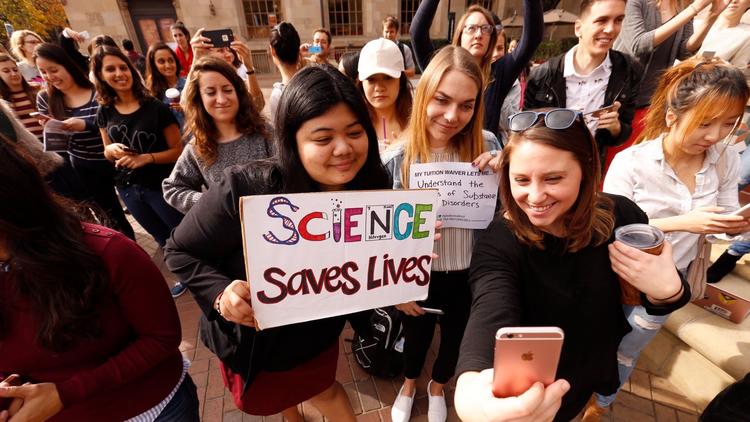
Image by Beth Redbird
Occupational licensure creates a right to practice, legislatively carving out tasks that can only be performed by authorized practitioners and reserving an occupational title for the sole use of those practitioners. The authority to practice can be obtained only from the state, and unauthorized practice can result in criminal and civil penalties.
Over the past few decades, occupational closure – most often through occupational licensing – quietly became the norm for a broad swath of American occupations. Where only a small set of ‘traditional’ professions once determined entry through regulation, today the practice governs a much wider range of occupations, from doctors to engineers, carpet layers to massage therapists, agricultural inspectors to wilderness guides, and fortune tellers to legal document assistants.
The most substantial growth in occupational licensing has been in blue-collar occupations.
Many occupational licensing boards are made up of senior professionals in that field. Thus, architects draft guidelines for other architects; standards for hairdressers are styled by instructors in cosmetology schools; and frog farmers must leap over barriers imposed by fellow amphibious agriculturalists.
Because not every worker who wants a license can obtain one, licensure is thought to raise wages for licensed workers by artificially restricting supply. If true, this would mean that licensed workers benefit at the expense of consumers.




